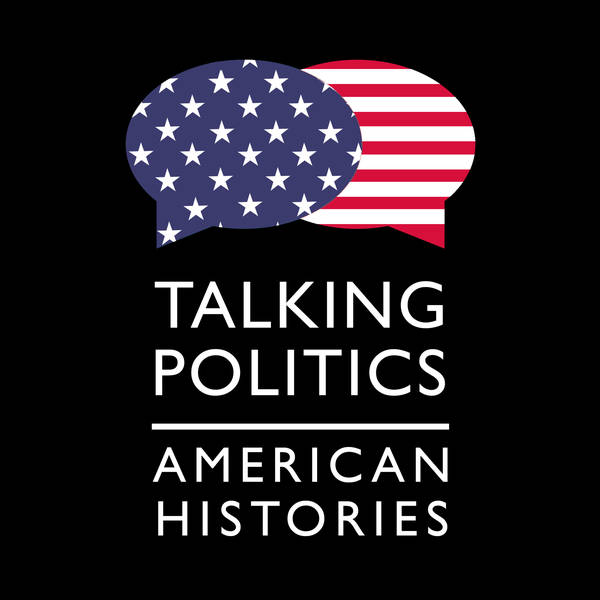
The Great Abortion Switcheroo
In the final episode of our American Histories series, Sarah Churchwell tells the incredible story of the politics of abortion during the 1970s. How did evangelicals go from supporting abortion to being its die-hard opponents, what did the switch have to do with the politics of race and what have been the lasting consequences for American democracy?
Talking Points:
A lot of people think that the U.S. abortion debate started in 1973 with Roe v. Wade, and that evangelical republicans have always been anti-abortion. Both assumptions are wrong.
There weren’t many laws against abortion in the United States until after the Civil War. After the Civil War there were large waves of migration. This led to a rise of nativism. Many early abortion laws were rooted in scientific racism and anxieties over ‘race suicide.’Initially, the Democrats pandered to the Catholics by taking on a more pro-life position.
Evangelicals were not particularly politically active (with a brief exception in the 1920s and 30s). Republicans wanted to change this.Roe v. Wade was fought on a right to privacy issue. Abortion was seen as a thing that white, middle class people did in their home.Evangelical Christian magazines, even in the years immediately after Roe, tended to characterize abortion as a question of indiivdual health, family welfare, and social responsibility. Yet by 1978, this had completely flipped. What happened?After Brown v. Board desegregated schools, a bunch of white Christians created whites-only Christian academies and claimed tax-exempt status.
Anxiety about the federal government interfering in Christian life got caught up in itself. Abortion for many became a proxy issue: it was easier (and more politically acceptable) to oppose abortion than integration.Today the battlelines feel entrenched and we could be moving towards the repeal of Roe v. Wade.
But these are not immutable dividing lines in American politics. This doesn’t mean that abortion isn’t extremely important to many evangelicals: it is. But it’s important to recognize the contingency in what questions are politically central.Further Learning:
Sue Halpern on how Republicans became anti-choiceMore on the origins of the religious rightNPR ‘Throughline’ podcast issue on evangelicals and abortionAnd as ever, recommended reading curated by our friends at the LRB can be found here: lrb.co.uk/talking
